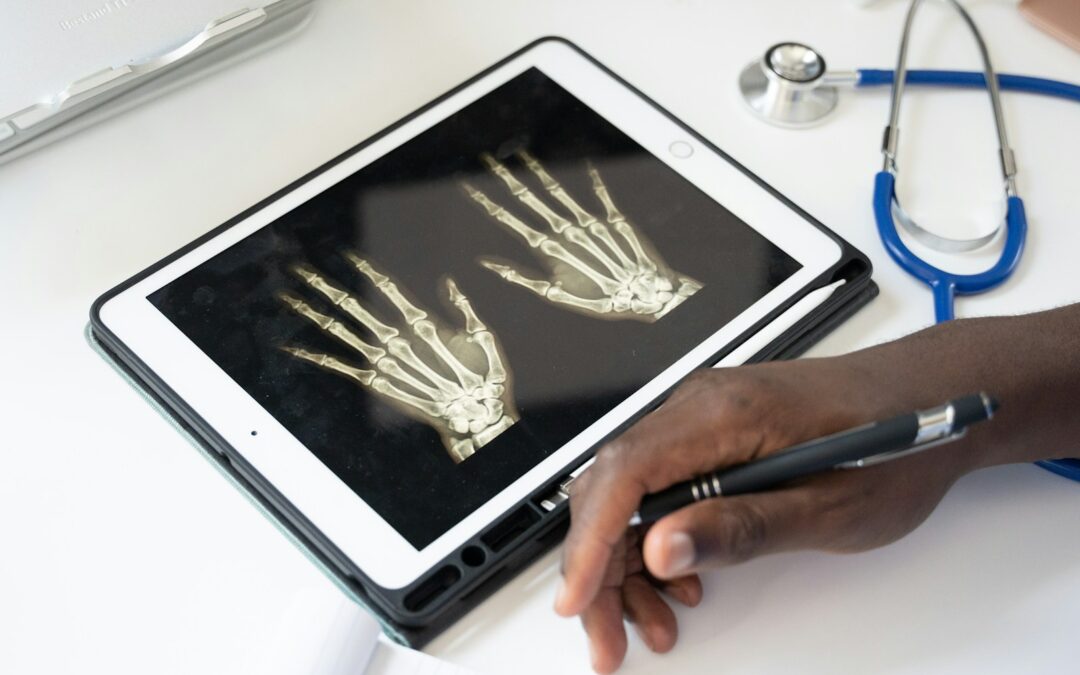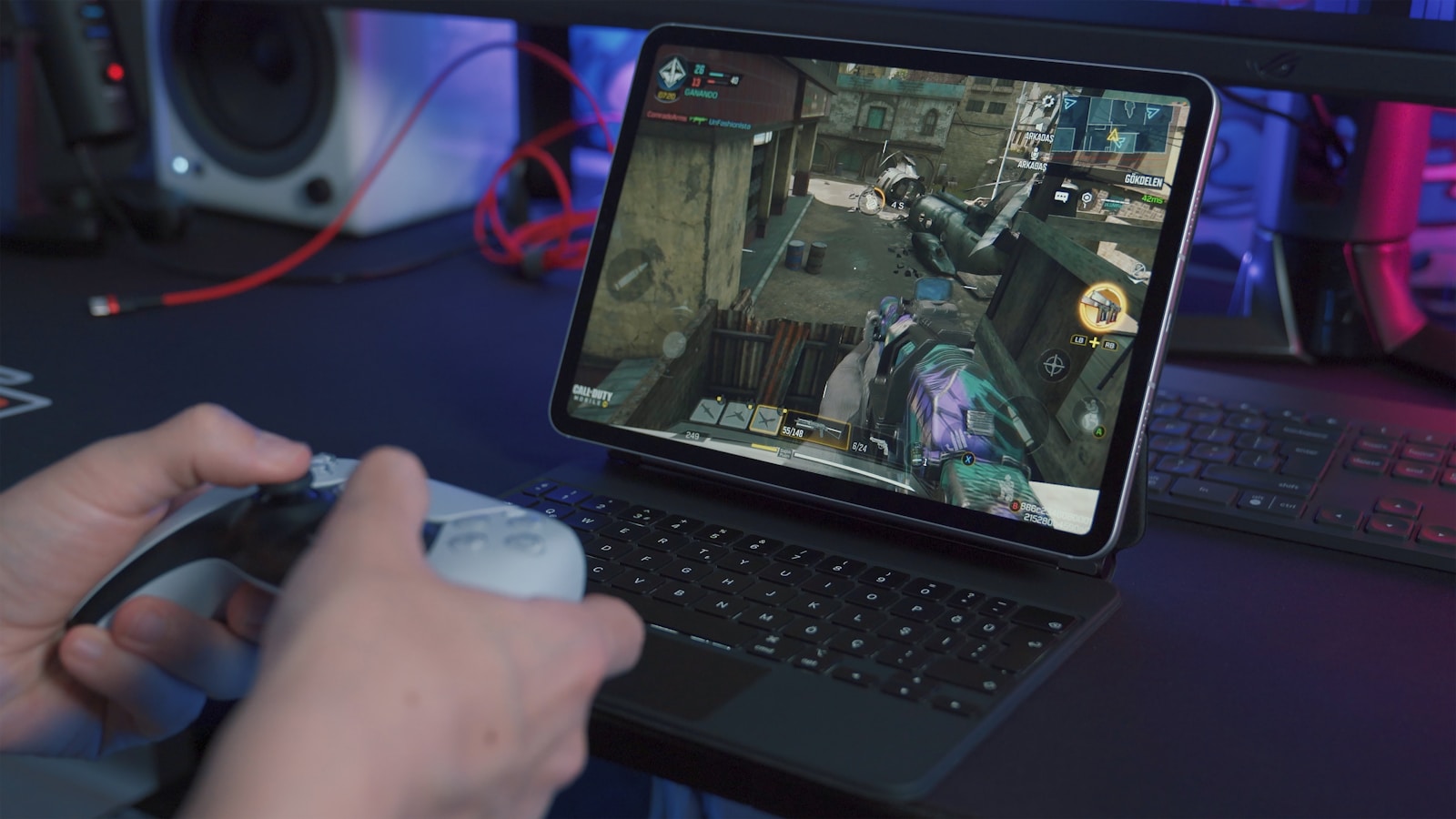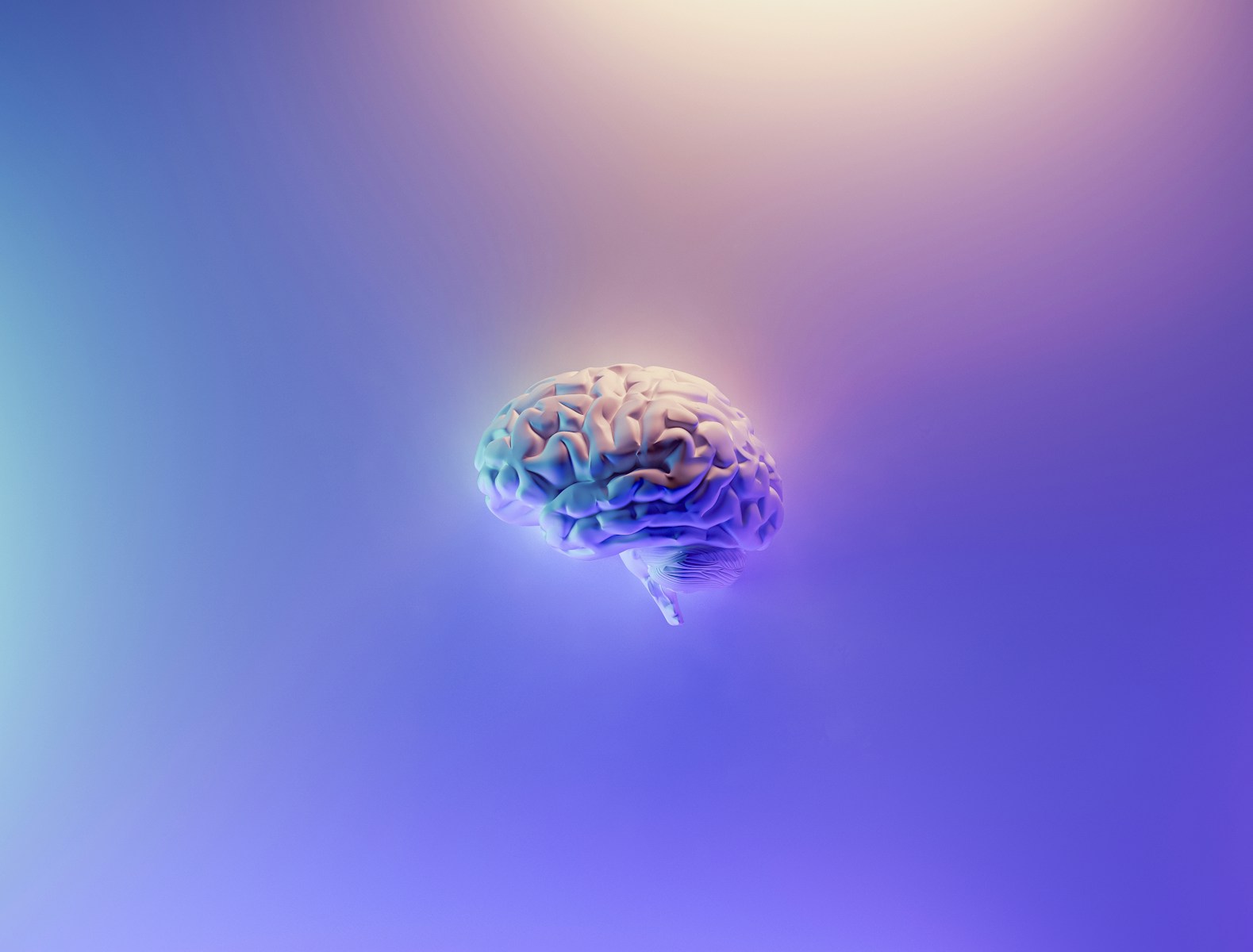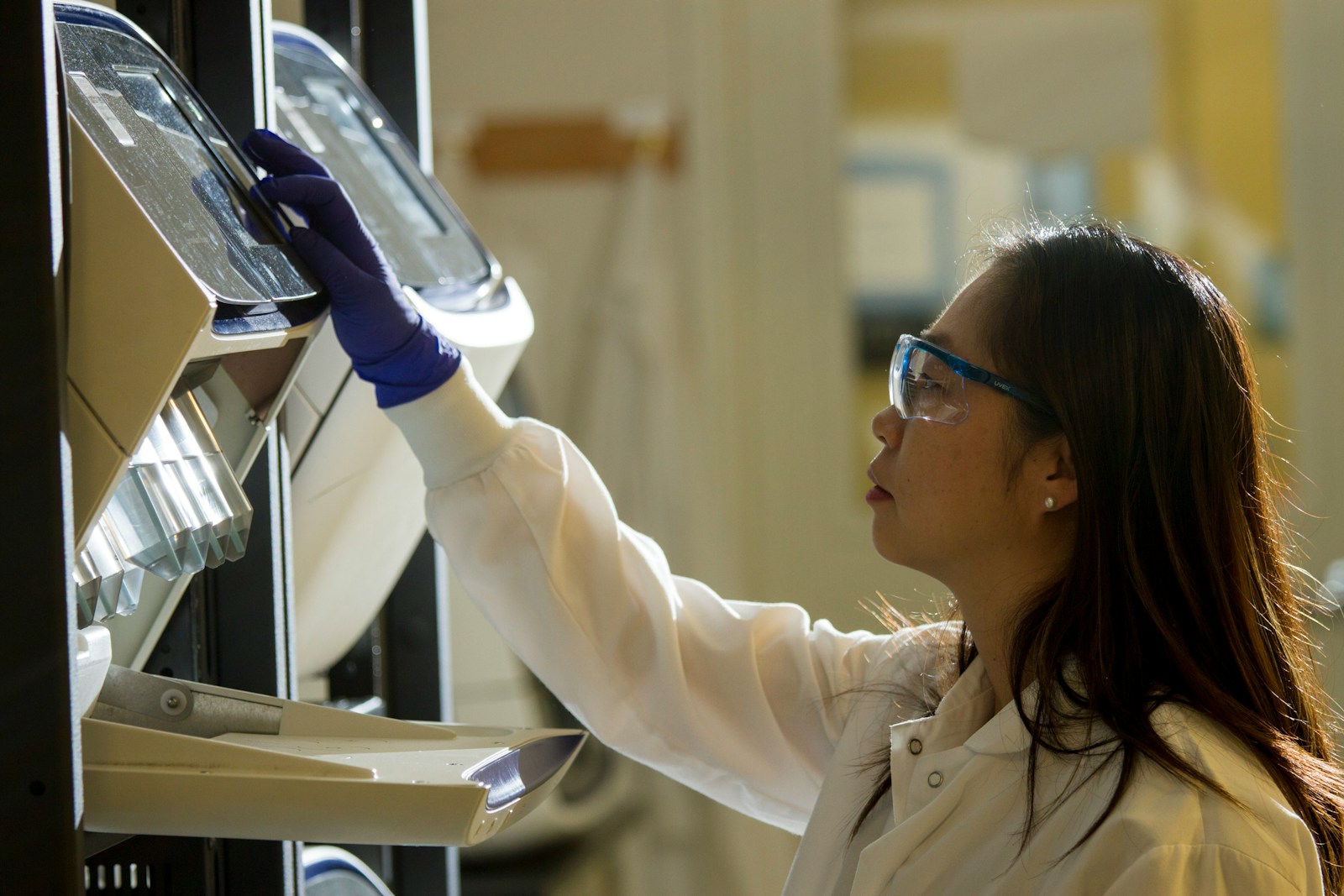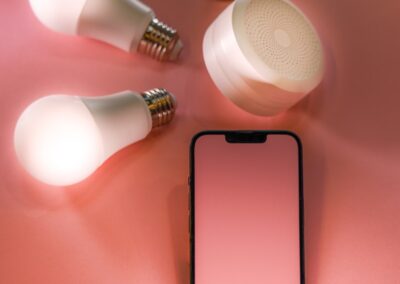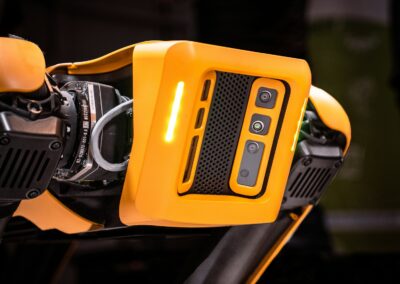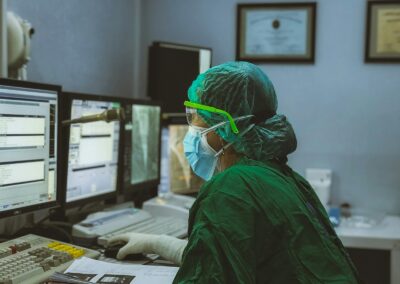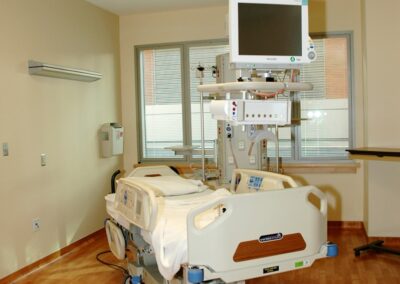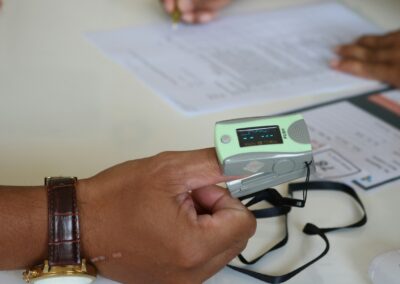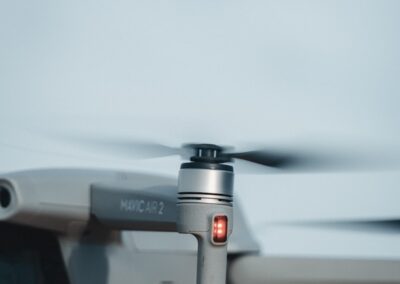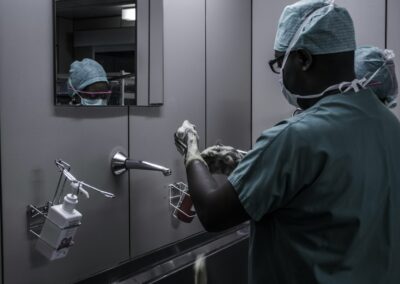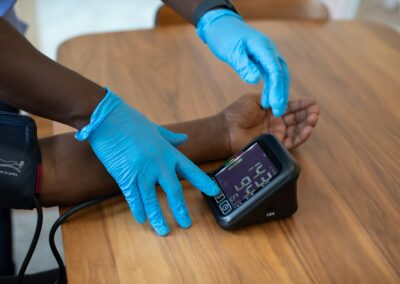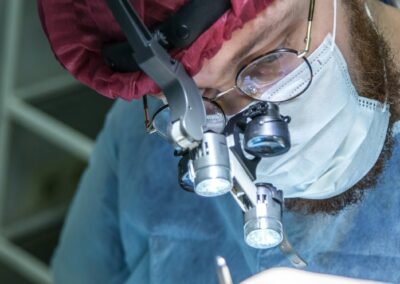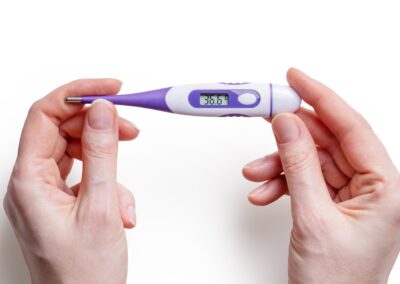The Role of IoT-Enabled Sensors in Modern Healthcare
The integration of IoT-enabled sensors in medical devices is revolutionizing the healthcare industry by enhancing the performance and reliability of critical equipment. In today’s fast-evolving medical landscape, where precision and reliability are paramount, IoT technology plays a crucial role in ensuring that medical devices operate at their optimal capacity. By embedding sensors into these devices, healthcare providers can continuously monitor their functionality, detect potential issues before they escalate, and maintain a high standard of care. This approach is particularly valuable in regions like Saudi Arabia and the UAE, where cutting-edge healthcare infrastructure is essential to meeting the needs of a growing population.
In practice, these IoT-enabled sensors collect and transmit data in real time, offering a detailed view of a device’s performance metrics. This data can be analyzed to predict when maintenance is required, thereby reducing the likelihood of unexpected failures that could disrupt patient care. Additionally, the ability to remotely monitor and adjust medical devices contributes to a more efficient healthcare system, as it minimizes the need for manual checks and interventions. For healthcare facilities in Riyadh and Dubai, where the focus on innovation is strong, such advancements are not just beneficial but essential for maintaining their status as leaders in global healthcare.
Enhancing Reliability through Predictive Maintenance
One of the significant advantages of integrating IoT-enabled sensors in medical devices is the ability to implement predictive maintenance strategies. Traditional maintenance schedules are often based on fixed intervals, regardless of the actual condition of the equipment. However, with IoT sensors, maintenance can be carried out as needed, based on real-time data that indicates when a device is likely to require attention. This approach not only extends the lifespan of medical devices but also ensures that they are always functioning at their best, which is critical in a healthcare setting where reliability can directly impact patient outcomes.
In the UAE and Saudi Arabia, where hospitals and clinics are increasingly adopting advanced technologies, predictive maintenance enabled by IoT sensors is helping to reduce operational costs and improve patient safety. By anticipating potential issues before they cause downtime, healthcare providers can avoid the disruptions that can arise from equipment failures. Furthermore, this proactive approach to maintenance allows for better resource management, as hospitals can plan for repairs or replacements without affecting their day-to-day operations.
Driving Innovation in Healthcare with IoT Technology
Improving Patient Outcomes with Enhanced Device Performance
The integration of IoT-enabled sensors in medical devices is not just about maintaining equipment; it also has a direct impact on patient care. When medical devices operate at peak performance, they provide more accurate diagnostics, more effective treatments, and ultimately better patient outcomes. For instance, in monitoring devices such as insulin pumps or pacemakers, IoT sensors ensure that these devices deliver the precise amounts of medication or electrical impulses required, based on real-time patient data. This level of precision is crucial in managing chronic conditions, where small deviations can have significant consequences.
In regions like Dubai and Riyadh, where the healthcare sector is rapidly expanding, the ability to leverage IoT technology for improved patient care is a competitive advantage. Hospitals that adopt these advanced solutions are better positioned to provide high-quality care, attract international patients, and lead in medical innovation. The data generated by IoT sensors also contributes to a deeper understanding of patient needs, allowing healthcare providers to tailor treatments more effectively and personalize care in ways that were previously unimaginable.
Facilitating Seamless Integration with Existing Systems
Another critical benefit of using IoT-enabled sensors in medical devices is their ability to integrate seamlessly with existing healthcare systems. As hospitals and clinics modernize, the need for interoperability between new and existing technologies becomes increasingly important. IoT sensors can bridge this gap by enabling medical devices to communicate with each other and with centralized health information systems. This integration ensures that data flows smoothly between devices, providing healthcare professionals with a comprehensive view of a patient’s health status.
In Saudi Arabia and the UAE, where healthcare systems are often at the forefront of technological adoption, ensuring interoperability is a key priority. IoT-enabled sensors play a pivotal role in this process by facilitating the integration of various devices and systems, which, in turn, enhances the efficiency of healthcare delivery. For example, a patient’s vital signs monitored by an IoT-enabled device can be automatically updated in their electronic health record, allowing doctors to make informed decisions quickly. This seamless flow of information is essential for providing timely and effective care, particularly in fast-paced environments such as emergency rooms and intensive care units.
The Future of Healthcare with IoT-Enabled Devices
The future of healthcare in regions like Riyadh, Dubai, and beyond will increasingly depend on the successful integration of IoT-enabled sensors in medical devices. As the technology continues to evolve, we can expect even greater advancements in how these devices are used to monitor, diagnose, and treat patients. The potential for IoT to transform healthcare is vast, from enabling remote surgeries to providing real-time health analytics that inform public health decisions. For business executives and healthcare leaders, investing in IoT technology is not just a strategic move but a necessity for staying ahead in a competitive industry.
Moreover, as these technologies become more widespread, we will likely see a shift towards more patient-centered care models, where individuals are empowered to manage their health with the help of connected devices. This shift will require healthcare providers to rethink how they deliver care, with a greater emphasis on continuous monitoring, early intervention, and personalized treatment plans. For regions like the UAE and Saudi Arabia, which are already leaders in healthcare innovation, the adoption of IoT-enabled sensors represents the next step in their journey towards building world-class healthcare systems.
—
#IoT #Healthcare #MedicalDevices #SmartHealthcare #Innovation #SaudiArabia #UAE #Riyadh #Dubai #BusinessSuccess

